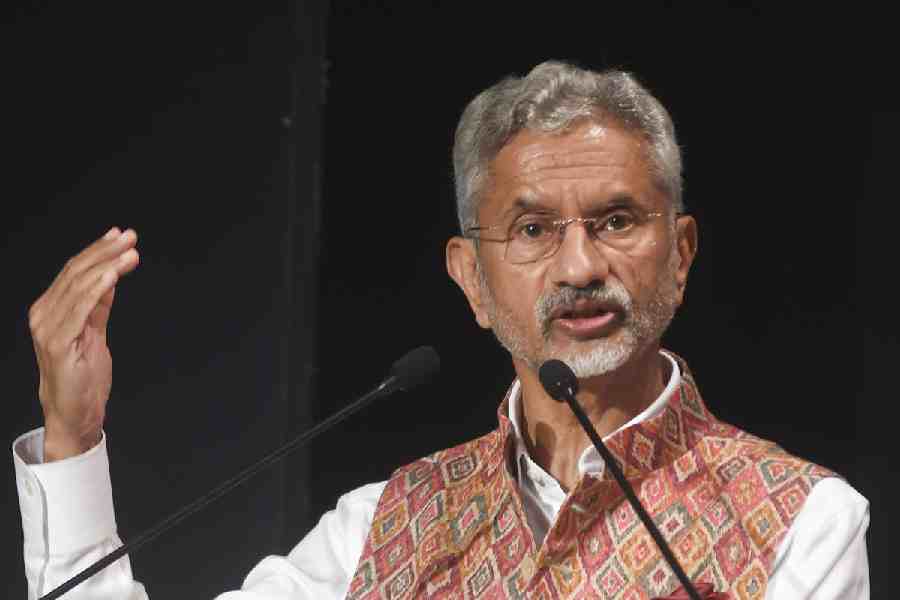On Monday, India and Iran announced a 10-year deal for New Delhi to operate a terminal of the strategically located Chabahar port, which sits on the Gulf of Oman. The agreement, eight years after India first started developing cargo berths and terminals at the port following a visit by Prime Minister Narendra Modi to Tehran, marks a significant moment for India’s geostrategic ambitions. It also points to the opportunities and the challenges that New Delhi must confront in order to make the most of the potential benefits the port can offer. Use of the terminal allows India to bypass Pakistan to reach Afghanistan through Iran. Pakistan has traditionally denied Indian trucks land access to Afghanistan. The Chabahar port could also allow India the opportunity to reach Central Asian markets without relying on Pakistan. Finally, it helps assuage India’s worries about the China-built Gwadar port in Pakistan. Access to Chabahar would, in theory, allow India to outflank any Chinese activity in Gwadar if the two Asian giants were to be ever engaged in heated maritime tensions in the Arabian Sea.
What are also significant are the timing of the deal and the response of the United States of America. The deal was signed during the general elections in India, a time when incumbent governments usually avoid new agreements with foreign nations. The recent visit to Pakistan by the Iranian president, Ebrahim Raisi, where those two nations agreed to significantly ramp up trade and investment ties, might have precipitated the breach of that election-time norm. India cannot afford to keep Iran waiting if that risks strengthening Islamabad’s bonds with Tehran. Such a deal enjoys support in India. Hours after the Chabahar deal was signed, however, the US state department warned India that any economic dealings with Iran could attract sanctions. Therein lies a test for India. When former US president, Donald Trump, reimposed heavy sanctions on Iran after its withdrawal from the nuclear deal with Tehran, India managed to secure a carveout for the Chabahar project. However, because other projects with Iran would still face sanctions, India could not proceed with the rail and road linkages needed to turn Chabahar into its gateway to Central Asia. That Mr Modi’s government did not clarify with the US whether the earlier exemptions from sanctions still stood before Monday’s announcement is unfortunate. But India must now urgently negotiate those waivers with the US in order to save the Chabahar plan from sinking.










